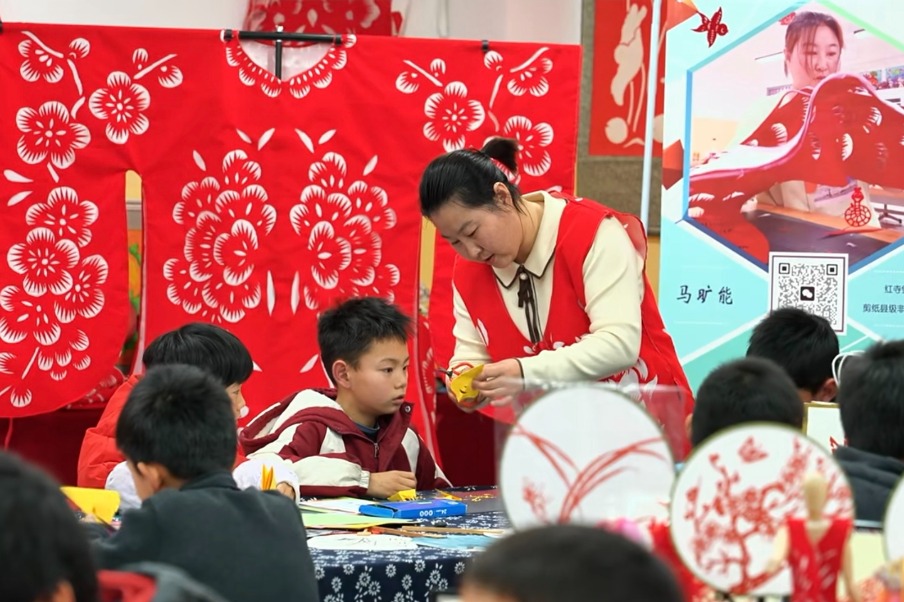Captive tiger breeding improves genetic quality

HARBIN - Chinese researchers are using artificial breeding with captive-bred Siberian tigers to improve their genetic quality.
There are about 1,000 Siberian tigers at the China Hengdaohezi Feline Breeding Center, the world's largest for tigers in captivity, in Hailin, Heilongjiang province. Researchers aim for about 100 newborn cubs every year.
"Not all adult Siberian tigers are fit to reproduce. If we do not control reproduction, the quality of the offspring will be affected," said Liu Dan, chief engineer at the center's Siberian Tiger Park. Researchers conduct DNA tests to select parents and prevent inbreeding, he said.
Most Siberian tigers have more than one cub at a time. It is common for a mother tiger to give birth to three, Liu said.
The oldest mother at the center is 15 years old. Some tigers can reproduce from the age of 4 until age 14, he said.
Researchers have also given the animals training for life in the wild.
"Wild training is an important way to maintain their quality. I hope one day we can release these captive-bred animals to the wild," he said.
Xinhua

- Former senior official of Ningxia sentenced to death
- Development program narrows urban-rural gap in Guangdong
- Wuxi Winter Bazaar creates cross-cultural gathering
- Expressway service area featuring a natural hot spring to open soon in Guangdong
- Former Ningxia political advisor sentenced to death for bribery
- Former senior official of Jiangxi expelled from CPC





































